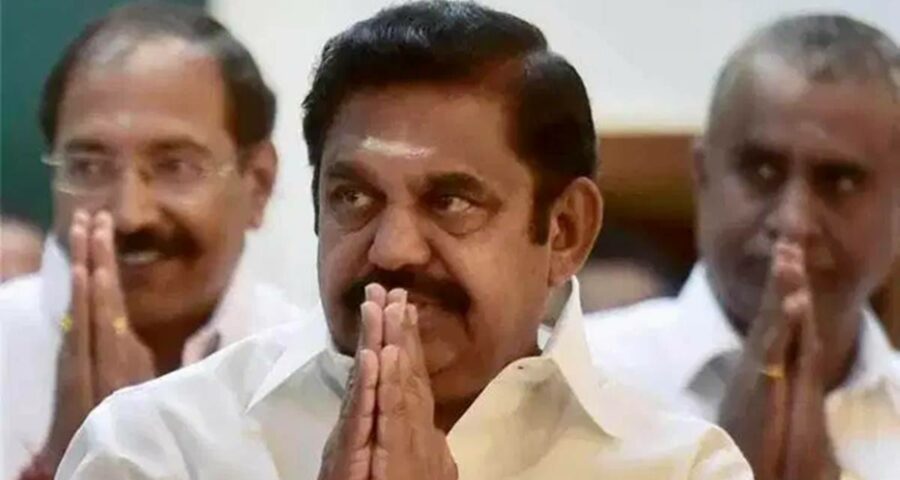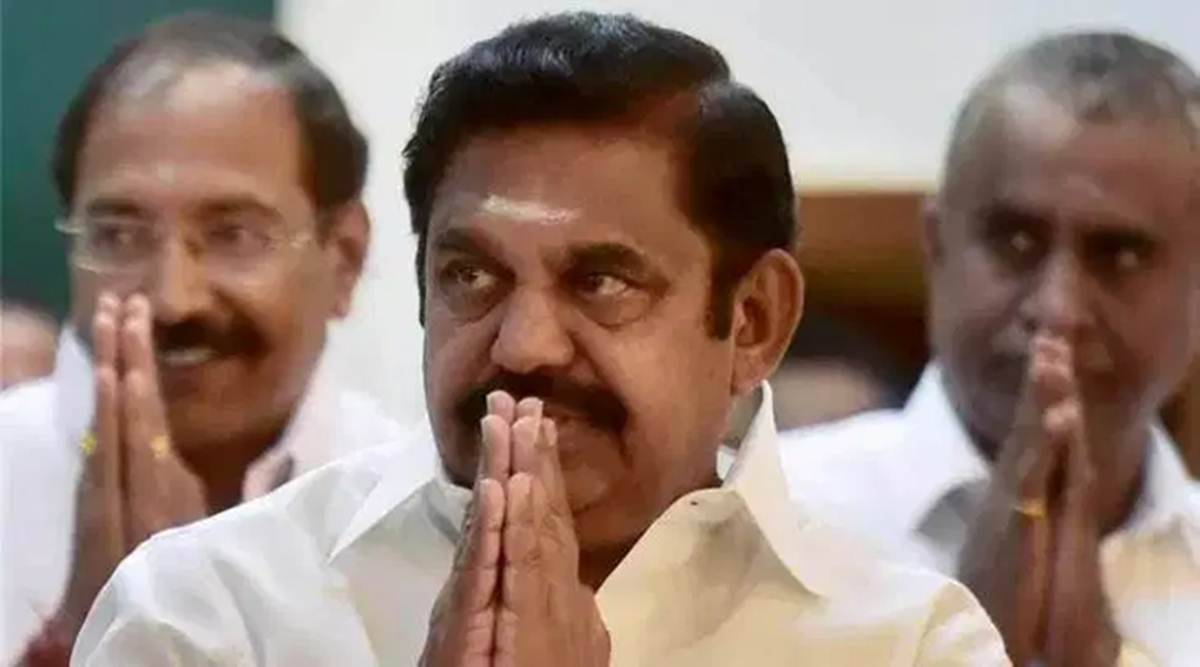Protesters against the CAA were booked for serious charges such as rioting, as well as other charges including causing inconvenience to the public, damaging public property and preventing the police from discharging their duty, which will now be dropped.
Tamil Nadu Friday announced dropping of cases registered against Citizenship (Amendment) Act protesters, except those facing serious charges. Around 1,500 such cases registered early last year might now be withdrawn.
The state government’s decision, combined with dropping of cases against people booked for violation of Covid-19 lockdown norms, comes ahead of the coming Assembly polls. In all, Chief Minister Edappadi K Palaniswami said, more than 10 lakh cases will be dropped.
Speaking at Tenkasi Friday, Palaniswami said his government will also consider withdrawing cases against those protesting over the Kudankulam nuclear power plant, registered between 2011 and 2013. Stating that several cases in Kudankulam had been already withdrawn, the CM said his government will consider dropping charges against others as well.
Protesters against the CAA were booked for serious charges such as rioting, as well as other charges including causing inconvenience to the public, damaging public property and preventing the police from discharging their duty, which will now be dropped.
About 10 lakh cases were registered over violations of the Tamil Nadu Public Health Act, 1939, and Epidemic Diseases, 1937, in connection with the lockdown norms. Most of the cases were registered during vehicle checks or over spreading of rumours and fake news. However, cases against people for rioting, resorting to “fraudulent” modes to obtain e-passes to travel, and preventing police from discharging their duties will not be dropped in this category.
While Palaniswami indicated the Kudankulam protesters would also see relief, the fate of about 8,956 people slapped with two dozen sedition cases remains unclear. Of about 380 FIRs registered in Kudankulam at the peak of the protests, about 240 had been withdrawn in October 2014 following a Supreme Court order.
Source: Read Full Article


